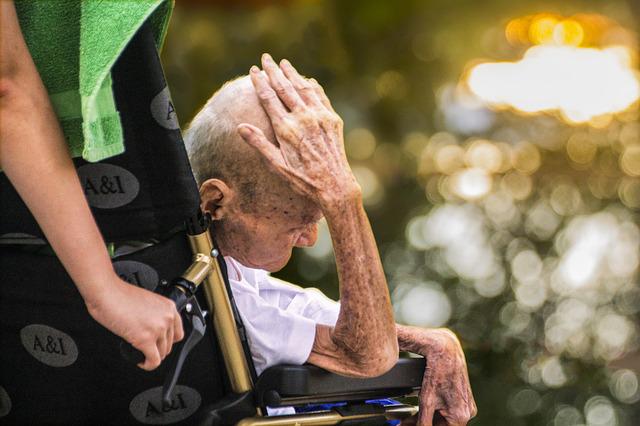
Traditional medicine is focused on diseases, while geriatrics medicine is concerned with aging. Immobility, incontinence and diminished cognition are the traditional "giants" of older patients. This area of medicine split away from internal medical care a long while ago. But, it has become its own specialty. Learn more about this field if it interests you.
The symptoms
Geriatricians are particularly skilled in treating older patients. Depression is a common condition among older adults, but symptoms can often be misdiagnosed with something else. Geriatricians have a range of options to help with this condition. Some medications can be used to slow down the disease or improve the quality and quantity of your life. Geriatricians often see heart failure as a clinical problem. This condition can lead other serious health problems.
Geriatricians should carefully weigh the pros/cons of different medications and treatments as part of their residency training to help determine the best course. Geriatricians can also treat the symptoms. Geriatricians should make their patients' well-being their number one priority. Geriatricians can also accept Medicare or Medicaid for patients who have insurance.

Treatment
Many of the problems that geriatrics face are related with aging. Geriatric diseases often affect many body systems and are complex. Geriatric patients may have experienced one disease during their younger years, but this illness has since weakened their bodies. Some may have multiple chronic illnesses, including kidney disease or diabetic retinopathy. These illnesses are treated by preserving the patient's health, and functioning.
Elderly patients require different health care than those who are younger. Senior citizens often have lower energy levels and a decreased sense of balance. They may also have a decline in cognitive skills and not be able to absorb medication as well as older people. Geriatricians are specialists in healthcare for aging individuals. Because they are more likely to be able to recommend the most effective treatments for your loved one, it is important to select a doctor with extensive experience in this field.
Specialties
The field of geriatrics focuses on the health of the elderly. Geriatricians provide care for the elderly, and also help to prevent illness. Geriatricians also treat those with disabilities. Below are some of the major aspects of this field. What is the best way to get started in this field? How much training do you need? What are the normal duties of a doctor in geriatrics?
Geriatrics might be for you if you have a background as a nurse or doctor. Geriatricians can be described as skilled general practitioners with a deep understanding of the needs and concerns of older people. They collaborate with other fields and are effective communicators. Geriatricians find it appealing to specialize in a field that can offer individualized discharge planning and rehabilitation. People interested in this field should take up a challenge.

Training
Traditionally, a geriatrics medical training program did not require an advanced degree or an academic record. Instead, it emphasizes clinical skills as well as experience. Today, however, there are a number of world-renowned centres of geriatrics research, and funding opportunities for this field are rapidly increasing. This specialty includes research that spans basic biomedical sciences and translational gaps. Read on to learn more about the training in geriatric medicine.
The Division of Geriatric Medicine and Palliative Care established the Geriatric Medicine Fellowship in 1981. This fellowship program is well-respected for its ability to prepare family physicians and internists in the field of Geriatrics. In addition to providing excellent training, this program is accredited by the Accreditation Council for Graduate Medical Education. There are many options available for medical training in geriatrics. However, the best program will be for you.